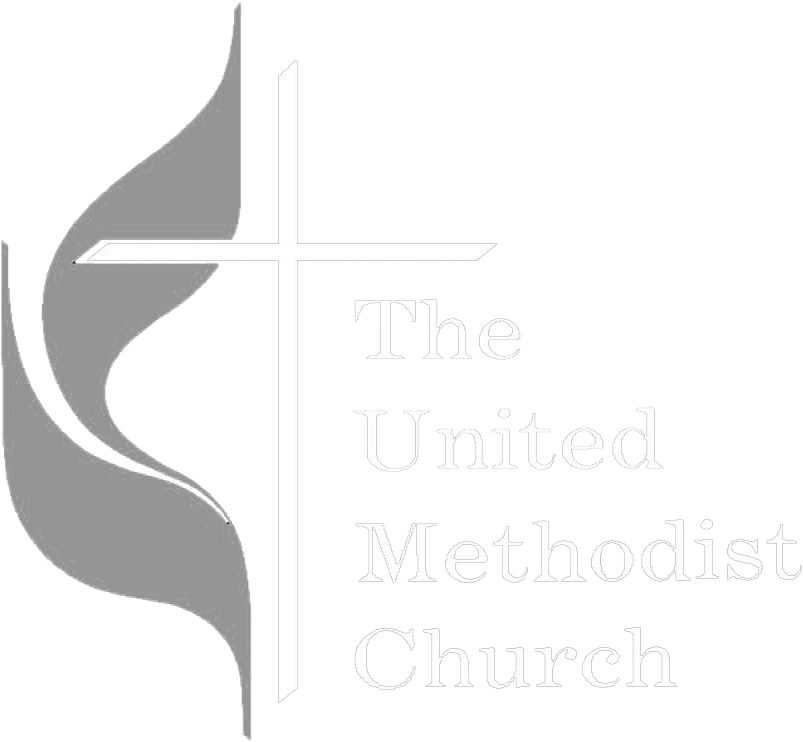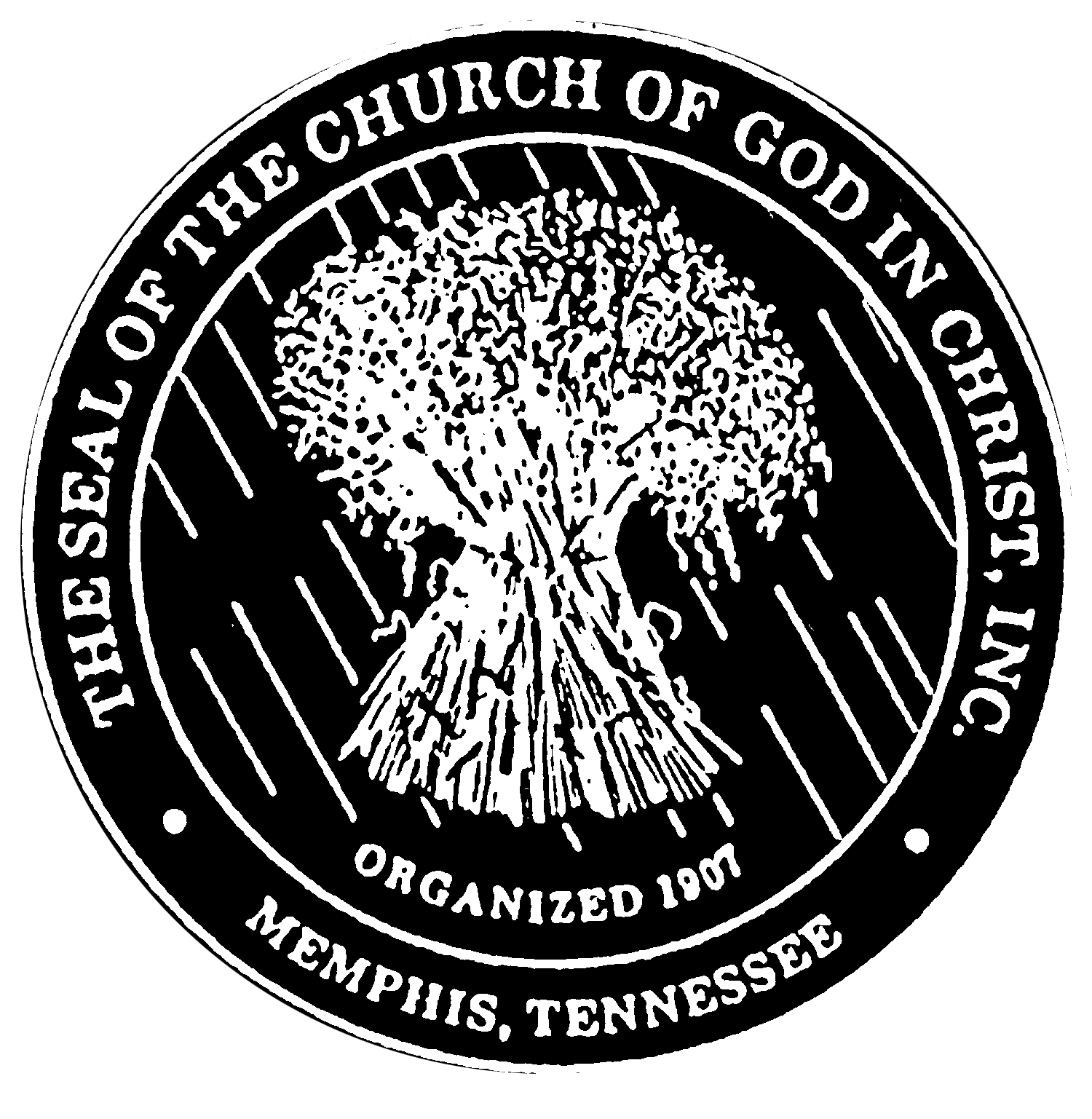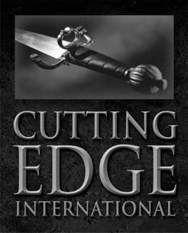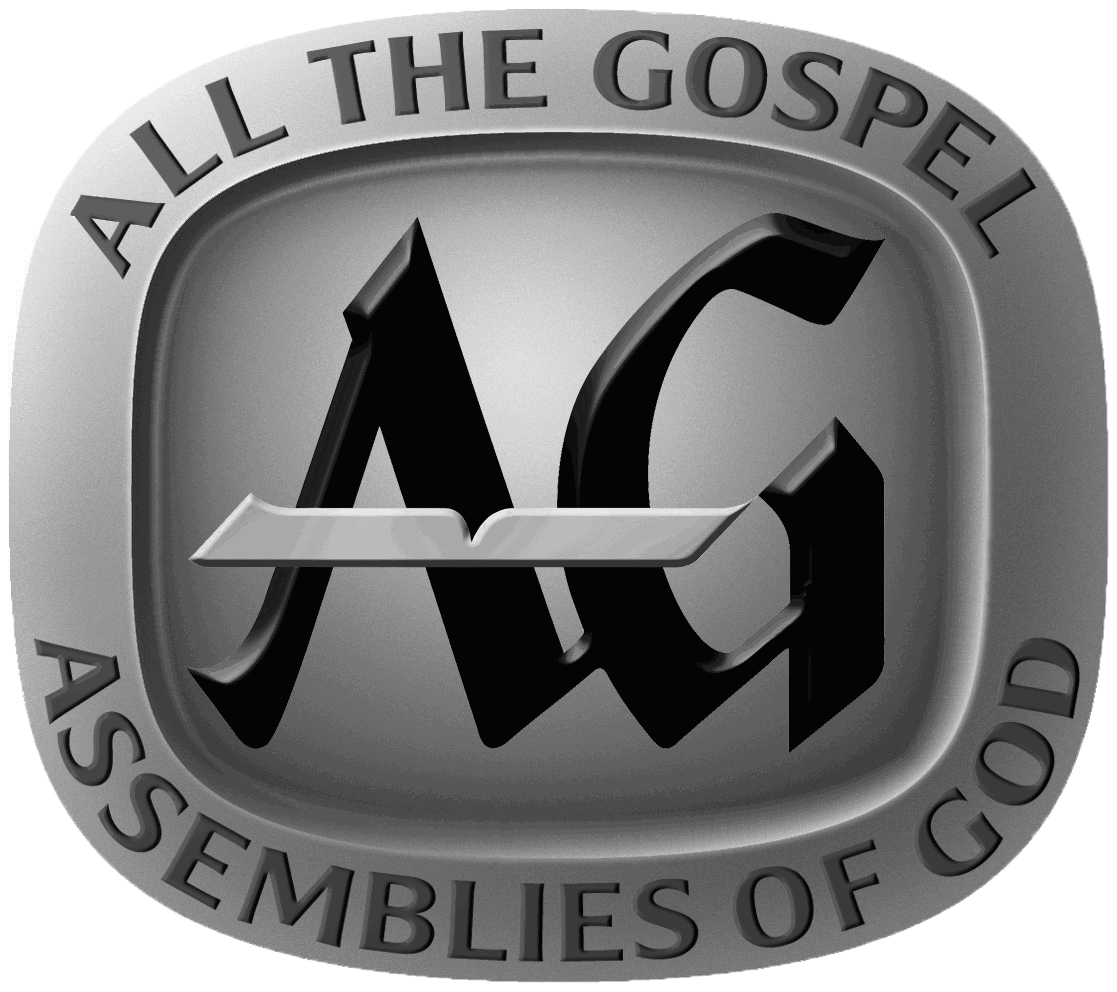Dreams That Never Come True: Jude Series #7

Likewise also these filthy dreamers defile the flesh, despise dominion, and speak
evil of dignities (Jude 8).
We now come to Jude 8, where the kind dreams never come true.
 General William Booth was the founder of the Salvation Army. He was a great and a godly man, but he had good insight. General Booth said that the great danger of the future would be “religion without Christ, forgiveness without repentance, salvation without regeneration, politics without God, and heaven without hell.”
General William Booth was the founder of the Salvation Army. He was a great and a godly man, but he had good insight. General Booth said that the great danger of the future would be “religion without Christ, forgiveness without repentance, salvation without regeneration, politics without God, and heaven without hell.”
He was describing the apostasy that was going to come. It was the same apostasy that Jude warned us about when he said here in verse 4, “For there are certain men crept in unawares, who were before of old, ordained to this condemnation, ungodly men, turning the grace of God into lasciviousness (that means unbridled lusts), and denying the only Lord God and our Lord Jesus Christ.”
We read, these men crept in. That is, they just slipped in so stealthily, they slipped into the church of God. This same word that is here in our English Bible was used in Greek language years ago to describe a number of word pictures. The term describes somebody who could slip into water without making a ripple, like a crocodile slithering off the bank. It speaks of a person who had been exiled from a country, who slipped back in across the line. It speaks of a lawyer who in a very clever way in an argument just slips a thought in, slips a word in, nobody pays much attention to it at that particular time, but he’s so clever that he knows he’s going to come back later and make a tremendous case on that thing that he just slipped in very carefully. It speaks of somebody who slips in the side door when there’s a gathering. He is not invited. He doesn’t come in the main door, but when the side door is open, he slips in.
The word “apostasy” means to turn away or to fall away from the truth. Now, remember what an apostate is. An apostate is not somebody who is in a false cult. An apostate is not somebody who is a sheer unbeliever. Unbelievers are lost, but that’s not what an apostate is. An apostate is somebody who has received the Truth and he has rejected the Truth and now begins to ridicule the Truth. That’s what an apostate is.
Jude is sounding the alarm about apostasy. Jude said, “I wanted to preach a Gospel sermon, but the Holy Spirit wouldn’t let me. The Holy Spirit told me that I should earnestly exhort you, that you should earnestly contend, agonize, for the faith that was once for all delivered unto the saints.”
In verse 8, they are called “filthy dreamers.” Now why on earth would an apostate be called a “filthy dreamer”? Jude is talking about a vision. A conjuncture. An imagination. Something that he dreamed up. You see, in the book of Jude, there’s a contract that is given. For example, in verse 3, the Bible says, “We should earnestly contend for the faith that was once for all delivered to the saints.”
And when he says “the faith that was once for all delivered to the saints,” he’s talking about the Word of God. This Body of Truth is called The Faith. We contend for the faith, the Word of God. There is a fight for the faith. We should earnestly contend for the faith. Now over and against the faith is what we called the dreams, or the imaginations of men. This is not something that God has revealed; this is something they have dreamed up. That is, they have their own imaginations. They have their own intuition. They have their own subjective religion. They have their own ideas. They have their own existential ideas rather than the revealed Word of God. Jude calls these people with their homemade religion and their cooped-up theology, and their self-centered philosophy, “filthy dreamers.”
In Deuteronomy chapter 13, we read, “If there arise among you a prophet, or a dreamer of dreamers, and giveth thee a sign or a wonder, and the sign or the wonder come to pass, whereof he spake unto thee, let us go after other gods, which thou hast not known, and let us serve them; thou shalt not harken unto the words of that prophet, or that dreamer of dreams: for the Lord your God proveth you (that is, God’s putting you to a test), to know whether ye love the Lord your God with all your heart, and with all your soul. Ye shall walk after the Lord your God…and fear Him, and keep His commandments.”
He’s talking about His revealed Word. He is speaking about the inspired, inerrant, infallible faith that was once for all delivered unto the saints that we should “keep His Commandments and obey His voice.” “We shall serve the Lord and cleave unto Him, and that prophet or that dreamer of dreams shall be put to death because he hath spoken to turn you away from the Lord your God which brought you out of the land of Egypt and redeemed you out of the house of bondage to thrust thee out of the way which the Lord thy God commanded thee to walk in. So shalt thou put away the evil from the midst of these.”
Moses was commanding them to earnestly contend for the faith. Don’t let these dreamers, don’t let these people with their imaginations, their visions, take you away from the Word of God.
What is the filthy dream that he’s talking about? It is subjective religion that is not conformed to the Word of God. It is subjective religion that is not controlled by the Word of God. It is subjective religion that is not confirmed in the Word of God. Jude describes these filthy dreamers with potent metaphors.
I. Apostates Defile The Flesh
 Apostates generally go into deep sexual sin, or some kind of fleshly indulgence and immorality. An unbeliever may not believe the Gospel, but he’ll normally be a pretty moral person. I mean, they may be next-door neighbors. They’re happily married. They don’t run around on their wives. They pay their bills. They’re just lost, but they are not an apostate.
Apostates generally go into deep sexual sin, or some kind of fleshly indulgence and immorality. An unbeliever may not believe the Gospel, but he’ll normally be a pretty moral person. I mean, they may be next-door neighbors. They’re happily married. They don’t run around on their wives. They pay their bills. They’re just lost, but they are not an apostate.
Jude says that they defile the flesh. And in verse 7 he has been talking about Sodom and Gomorrah, going after “strange flesh,” and giving themselves over to fornication.
Then, he says, “likewise, these filthy dreamers.” Notice the connection to Sodom and Gomorrah. The word “filthy” is not there in the original, but it fits. These apostates go into sexual immorality.
Why would an apostate be more prone to sexual immorality or to some sort of sensuous sin than an ordinary unbeliever? An apostate is somebody who has received the Truth, rejected the Truth, and now ridicules the Truth. Why is he more susceptible to that kind of sin? Because he has willingly and deliberately sinned, he has committed soul suicide, and he’s kicked his conscience to death.
He has lost his morals because he has lost his moorings. He no longer has the Word of God; and the Bible tells us that he is like a pig that was taken from the mire and washed, and then he goes back, or he’s like a dog who returns to his own vomit. The Bible says his latter end is worse than his first. He is worse off than if he’d never heard the Gospel. He is worse than an unbeliever.
Apostasy and sexual license go together. An apostate defiles the flesh. It is an amazing thing how people who have been in religion, when they turn from religion, they turn to sexual sins.
During my early years from 6 to 21, our family lived in southern Louisiana and in southern Alabama. Each February, we had Mardi Gras. If fact, I remember each year we would have a school vacation for Fat Tuesday.
Mardi Gras is between Christianity and paganism, affluence and want, boils something of the human spirit. Here emboldened by alcohol and the mass, they shout back in the face of the street preacher, “Be gone!” and if they feel guilty later, well at least it is later. But here all things are suspended. Pain, guilt, conscience. In favor of the more pleasant pursuits of drink and sex. A strong undercurrent of sex pervades the entire carnival. Women wear garter belts and expose their breasts. Men parade in masks of leather and masks of demons, their feral tongues extended. For this is, after all, the celebration of the arrival of spring. A return to fertility after a winter’s pause. Yet it is also the beginning of Lent, the celebration of the death and resurrection of Christ. And these two dwell side-by-side, a curious coexistence.
Do you know what Mardi Gras means? Mardi Gras means, “Fat Tuesday.” Why do they call it “Fat Tuesday?” Because it comes before Ash Wednesday. What is “Ash Wednesday?” The beginning of Lent. This is a time where we’re supposed to get ready for the holy season of Easter.
“Well,” people said, “if we’re going to have to spend all that time getting ready for Easter, don’t you think we ought to have a big time before we do it? Don’t you think we ought to have a Fat Tuesday before we have an Ash Wednesday?
Don’t you think we ought to have a carnival?” Do you know what the word “carnival” means? It means, “farewell to the flesh.” “Carnas” is the word, “flesh,” when we have a val-dictory, that is to say goodbye, “Carni-val.” Put those two words together and have farewell to the flesh—that is, for a certain number of days we’re going to have to say goodbye to this old flesh. So, we’re going to eat, and we’re going to drink and we’re going to fornicate, and we’re going to booze and we’re going to dance, and we’re going to take drugs, all in the name of Christianity.
Mardi Gras had its beginnings in Christianity. This is a horrendous picture of what apostasy does. As people get away from the Word of God, as they get their imaginations and their dreams and the tradition of the church rather than the Word of God, they defile the flesh.
II. Apostates Despise The Father
 Not only do apostates defile the flesh, they also despise the Father. Jude writes, “They despise dominion.” Who is dominion, or what is dominion? In verse 25 we read, “To the only wise God our Savior, be glory and majesty, dominion and power.”
Not only do apostates defile the flesh, they also despise the Father. Jude writes, “They despise dominion.” Who is dominion, or what is dominion? In verse 25 we read, “To the only wise God our Savior, be glory and majesty, dominion and power.”
When they despise dominion, they despise the only Wise God who alone has that dominion. You see, an apostate literally hates God. In verse 4, “They deny the only Lord God and our Lord Jesus Christ.” These are not deniers of God outside the church. These are deniers of God inside the church. These are people who despise dominion, who sit on church pews, who teach in seminaries, who teach in Bible colleges, they despise dominion. That is, they are rebels at heart.
Their battle cry is “Freedom!” “Liberty!” They don’t want anybody to tell them what they must believe, or how they must behave. Anarchy and apostasy are Siamese twins. Rebellion is in the heart of the apostate. That’s what makes him or her an apostate. It is the same thing that made the devil the devil.
The story is told about some Japanese policemen. These Japanese policemen are searching the candy counters, seeking deadly candy. Japanese police check candy at a supermarket after nine packages of sweets carrying threatening messages were found in Tokyo. Five were laced with cyanide.
Please don’t miss the picture. We could go to the supermarket to buy some candy, and you put your money down and you’re buying cyanide, and you don’t even know it, and you take it and eat it. Yet, it is more terrible for a person to come to a church, sit there and put his money in the offering plate, and have poison peddled from the pulpit.
I am thankful for the Statue of Liberty in New York City’s harbor, but we need a Statue of Responsibility in San Francisco Harbor. We cannot have liberty without responsibility. Yet, we are witnessing political leaders advocating liberty without laws. However, this is not only impracticable but impossible.
Let me explain it to you this way. When a child breaks a rule in the home, the punishment is small to teach a lesson. When the child becomes older, the punishment is more severe. One of the ultimate freedoms in the Western world is found in the expression, “Can I borrow the car keys?” The parent gives the keys with the understanding that the child will be responsible. He or she will not drive wrecklessly. However, if the child speeds, gets a speeding ticket, or has a wreck because they drove wrong, the first thing the parent does is take back the keys.
If the child continues to disobey dominion and breaks more serious laws like bank robbery or murder, he or she will go to prison. It is not possible for a free society to be lawless. If lawlessness is advocated as a form of liberty, ultimately the society is plunged into slavery of indulgence.
It is amazing to me how people are blinded to liberalism. Liberalism does not bring liberty but slavery. When a culture throws off all restraint and drinks the poison of Mardi Gras philosophy, the end is death.
Apostates despise dominion. They don’t want anybody to say, “This is the Word of God, this is what you must believe, or how you should behave.” They don’t want shackles to be put upon them, and you’re going to find out that every liberal and every apostate is a person who is a rebel and will you will generally find them in rebellious movements. If they’re a movement to overthrow the United States, you look and there will be some apostate clergymen involved in it or out there leading it.
III. Apostates Disgrace The Faithful
 Jude writes in verse 8, “They speak evil of dignities.” Now this word “dignities” is where we get our word “doxology” from. “Doxa” literally means glories, or “glorious things.” Majesties. That is, there is nothing too glorious, nothing too holy that they will not ridicule, defame, disgrace, and deride.
Jude writes in verse 8, “They speak evil of dignities.” Now this word “dignities” is where we get our word “doxology” from. “Doxa” literally means glories, or “glorious things.” Majesties. That is, there is nothing too glorious, nothing too holy that they will not ridicule, defame, disgrace, and deride.
They receive the Truth. Then they refuse the Truth, or repudiate the Truth, and then they ridicule the Truth.
That is why some years ago, the Archbishop of the Anglican Church of England called the resurrection a “trick with bones.” Then in the Summer Olympics 2024 opening ceremonies were drag queens (homosexuals dressed up like women) sitting at the Lord’s Supper. There is nothing too holy that apostates are not willing to desecrate.
Apostates have a way of speaking evil of glorious things. Jude is most likely writing here about those who were ridiculing and blaspheming the doctrine of angels. An apostate knows how to ridicule holy things and he’s not ashamed to speak about holy things. There’s nothing too sacred or too holy for him to revile and ridicule and he or she doesn’t do it from only outside the church. He or she will profane the name of God inside the church.
In 2 Peter 2:10-11, we read, “But chiefly them that walk after the flesh (we’ve already discussed this) in the lust of uncleanness, and despise government (we have discussed this; Peter and Jude are just neck and neck). Presumptuous are they, self-willed, they are not afraid to speak evil of dignities. Whereas angels, which are greater in power and might, bring not railing accusation against them before the Lord.”
Now what does that mean? In Jude 9, “Yet Michael the archangel, when contending with the devil he disputed about the body of Moses, durst not bring against him a railing accusation, but said, ‘The Lord rebuke thee.’”
As we have already learned in this book, there was an argument about the body of Moses. Moses died prematurely on Mount Nebo. As a matter of fact, God took Moses’ life. Moses committed the sin unto death. And Moses died as a young man, at least while his strength was there. The Bible says “His eye was not dim, neither was his strength abaded.” But because of his transgression against God, he died on Mount Nebo.
Moses was a saved man. He died before he should. Now Moses was all alone. And the Bible says that nobody even knows where Moses is buried. Who buried Moses? Well, we do not know for sure, but I believe God buried him.
Additionally, at some point, there was a great argument between Michael the archangel, not an archangel but “the” archangel. People talk about archangels—there is only one, Michael, the archangel, whose name means, “Who is like God?” A mighty angel and Lucifer have an argument. Michael has Truth and God and righteousness on his side. And there is the devil on the other side. Do you think that Michael reads the devil the riot act? Do you think that Michael speaks disrespectfully to the devil? He does not. The Bible says “he dared not bring a railing accusation against the devil,” but Michael said to the devil with all somberness, and all seriousness, and all authority, but he said it in a dignified way—“The Lord rebuke you.” And the battle was won.
Why did Jude bring that up? Jude was saying that an angel, the mightiest angel in all the glory , spoke more respectfully about the devil then apostate people speak about God. When even Michael the archangel wouldn’t bring a railing accusation against the devil, some people speak so blasphemously against Almighty God and their tongue walks up and down the earth, saying and expressing lifestyles without restraint and without shame. Though they had received the Truth, they now refuse the Truth, and ridicule the Truth.
Over time they defile the flesh, despise the authority of God, and with his/her tongue, begin to disgrace through blasphemy, holy things. Some people are more careless about holy things than the archangel was when he was rebuking the devil. Think about it. The Bible calls these apostates, “filthy dreamers,” and the world is full of them.



























